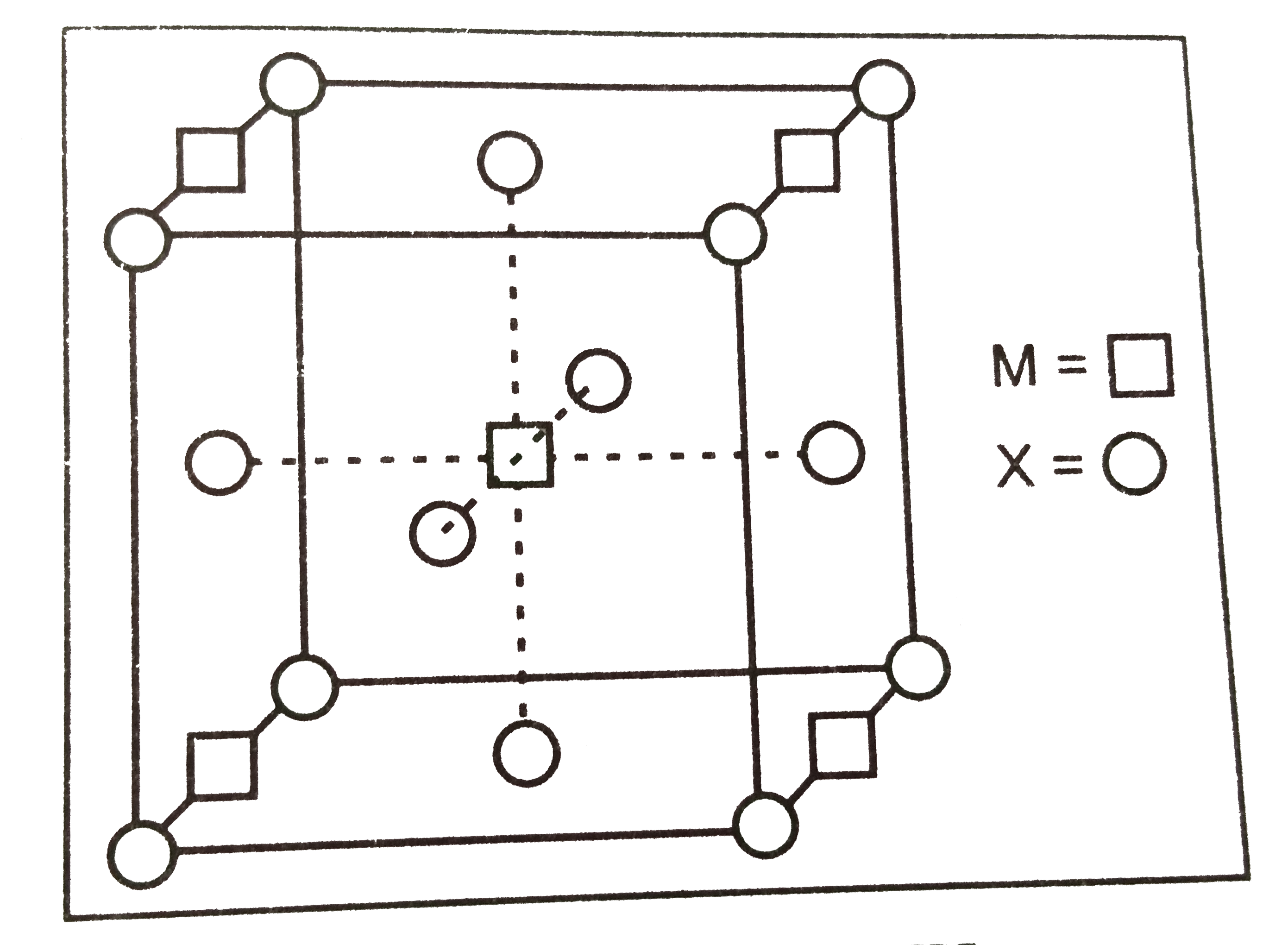P @ Q means P is greater than Q.
P @–– Q means P is either greater than or equal to Q.
P = Q means P is equal to Q.
P © Q means P is smaller than Q.
P ©– Q means P is either smaller than or equal to Q.
Statements: I©–J,K=J©–L,H@––J
Conclusions: I. J = L II. I@––H
If only I is true
if only conclusion II is true
if either conclusion I or II is true
if either I nor II is true
The correct Answer is:B
Statements: I≤J,K=J≤L,H≥J
Conclusions: I. J = L II. I≤H
There are no equalities involving L in the given statements, so there can.t be any equality involving L in any conclusion (Tip 7): So, I is wrong. For II, I≤J and H≥J are relevant. Combining them we get I≤I≤H which gives I le H.
Topper's Solved these Questions
- CODED INEQUALITIESBOOK - M K PANDEYCHAPTER - CODED INEQUALITIESEXERCISE - Learner.s Exercise II
10 Videos
- CODED BINARY NUMBERS BOOK - M K PANDEYCHAPTER - CODED BINARY NUMBERS EXERCISE - PRACTICE EXERCISES
25 Videos
- CODED RELATIONSHIPS BOOK - M K PANDEYCHAPTER - CODED RELATIONSHIPS EXERCISE - PRACTICE EXERCISES
35 Videos
Similar Questions
Given below are two pairs of inequalities. Combine them if possible and write the conclusion-inequality.
A>D,C>D
View SolutionIn a certain code, the symbol for 0 (zero) is * and that for 1 is Δ. There are no other symbols for all other numbers greater than one. The numbers greater than 1 are to be written only by using the two symbols givnen above. The value of the symbol for 1 doubles itself every time it shifts one place to the left. Study the following examples :
'0' is written as *
'1' is written as Δ
'2' is written as Δ*
'3' is written as ΔΔ
'4' is written as Δ ** and so on.
Which of the following numbers will be represented by ΔΔΔ*Δ ?
View SolutionRead the following information carefully and answer the questions given below it:
P÷ Q means P is the father of Q
P+Q means P is the mother of Q
P-Q means P is the brother of Q
P ×Q means P is the sister of Q
If A+B÷C−D,then A is D's
View Solutionp - ब्लॉक का तत्व है -
View Solutionpx+qy=p−q qx−py=p+q
रेखिक समीकरणो के युग्मो को हल कीजिए :
View Solutionx और y के लिये हल कीजिए: px+qy=1 और qx+py=(p+q)2p2+q2−1
View Solutionजाँच कीजिए कि निम्न प्रायिकताएँ P(A) और P(B) युक्ति संगत.(consistently) परिभाषित की गई हैं :
(I) P(A)=0.5 , P(B) =0.7 P(A∩B)=0 .6
(ii) P(A)=0.5 P (B) =0.4 ,P(B) = 0.4 ,P(A∩B)=0.5
View Solutionएक यौगिक MpXq में X की घनीय संवृत संकुलन (ccp) व्यवस्था है । इसकी इकाई सेल नीचे दी गई है । यौगिक का मुलानुपाती सूत्र है ।

View Solutionनिम्नलिखित कथनों पर विचार करें :
कथन I : यदि A और B प्रतिदर्श समष्टि S के संगत दो घटनाएँ ऐसा है कि P(A)=0.2 और P((B)=0⋅8 तो A⋃B एक सुनिश्चित घटना है |
कथन I : यदि A और B परस्पर अपवर्ती हों तो P(A)+P(B)=1 इन कथनो में :
View Solutionयदि P(A)=38,P(B)=12,P(A∩B)=14, तो P(A/B)=
View Solutionयदि A तथा B दो स्वतंत्र घटनाएँ हों, तो सिद्ध करें कि P(A∪B)=1−P(A')P.(B')
View Solutionयदि α,β,γ बहुपद f(x)=x3−px2+qx−r के शून्यक हो, तो 1αβ+1βγ+1γα=
View Solutionयदि secθ+tanθ=p, हो,तो सिद्ध करो कि p2−1p2+1=sinθ
View Solutionविलयन समीकरण P = …………. T है.
View Solutionफास्फोरस पेन्टाऑक्साइड और फास्फोरस ट्राइऑक्साइड की संरचना में P−O−P सेतुओं की क्रमशः संख्या है-
View SolutionP4 अणु की चतुष्फलकीय आकृति के कारण P−P−P बन्ध कोण 109∘,28 का होता है।
View Solution
